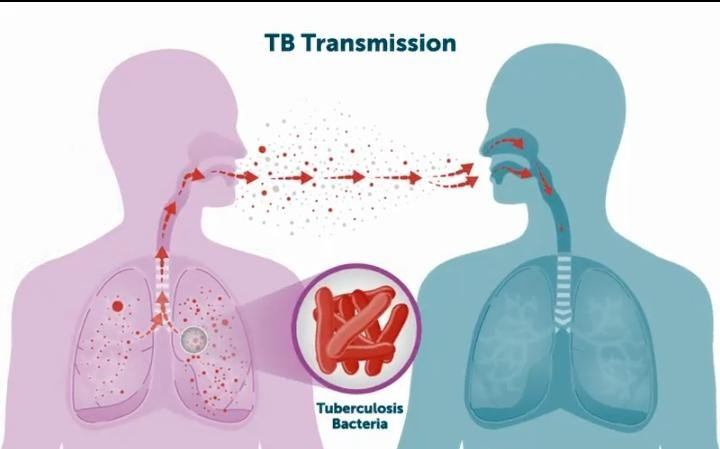The effects of TB drug and commodity stockouts are profound and wide-ranging. Firstly, and perhaps most critically, stockouts can result in the interruption of TB treatment for affected individuals. The treatment of TB requires a strict regimen of antibiotics taken over several months. When essential medications are not available, patients may miss doses or, in some cases, be unable to initiate treatment. This not only endangers their health but also paves the way for the development of drug-resistant TB strains, which are significantly more challenging to treat.
Moreover, the consequences extend to increased mortality rates. TB is a potentially fatal disease, and timely and uninterrupted treatment is essential for patient survival. When stockouts disrupt treatment, patients' lives are put at risk as the disease progresses unchecked.
Furthermore, inadequate access to TB drugs contributes to the emergence of drug-resistant TB strains. Patients who do not receive the proper medications or complete their treatment are at a higher risk of developing drug-resistant TB, which is more complex and expensive to treat. This, in turn, strains healthcare resources and budgets.
The public health implications of TB drug and commodity stockouts are also substantial. TB is a contagious disease, and when treatment is not effectively administered, infected individuals can continue to spread the disease in the community. Ongoing transmission can lead to outbreaks, further complicating disease control efforts.
In addition to the health impacts, stockouts can result in increased healthcare costs. Treating drug-resistant TB is not only more challenging but also more expensive. When TB drugs are in short supply, health systems may incur higher costs for managing drug-resistant cases, exacerbating resource constraints.
Moreover, stockouts erode trust in healthcare systems and government programs. Patients may lose confidence in the healthcare system's ability to provide essential care, leading to reduced treatment-seeking behavior and lower adherence to treatment regimens.
Furthermore, stockouts can lead to longer treatment durations. Extended periods of stockouts may force patients to go without medication or switch to alternative, less effective treatments. This results in longer treatment durations and poorer treatment outcomes.
Lastly, frequent stockouts can disrupt TB control programs' activities, data collection, and monitoring, making it difficult to track and control the disease effectively. This further hampers progress toward TB elimination goals.
In conclusion, TB drug and commodity stockouts have severe implications for TB treatment and control programs. To address this challenge, healthcare systems and governments must ensure a consistent and reliable supply chain for TB drugs and commodities. This entails maintaining adequate stock levels, implementing effective procurement and distribution systems, and investing in infrastructure and resources to support TB control efforts. Only through these measures can we hope to reduce the devastating impact of TB and make progress towards its eventual elimination




No comments:
Post a Comment